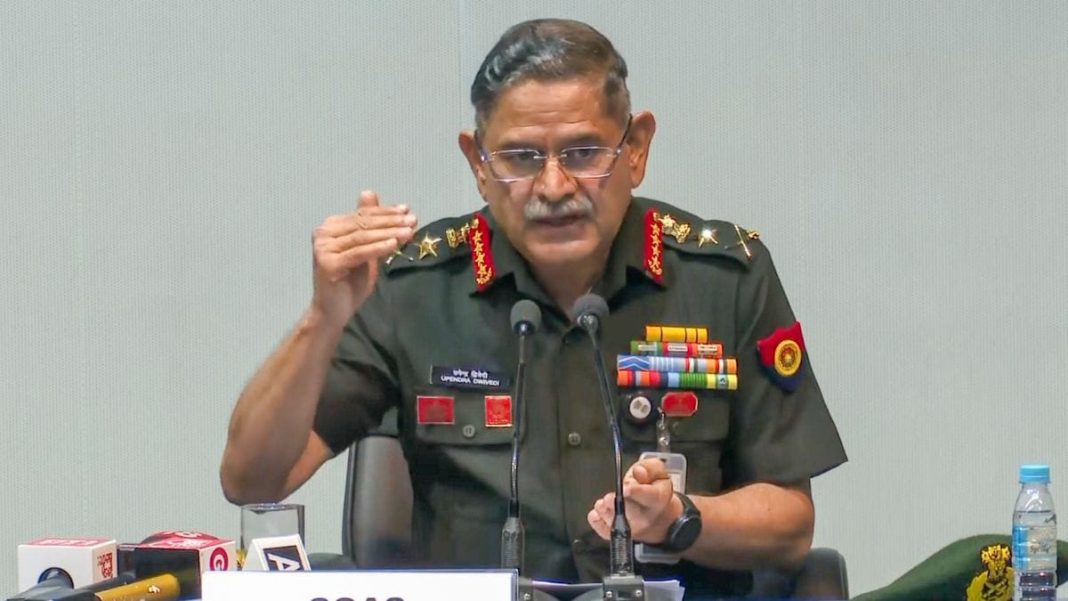Indian Army Chief General Upendra Dwivedi is embarking on a significant four-day visit to Nepal, starting today. The primary aim of this trip is to strengthen military ties between the two neighboring countries amid rising concerns over China’s influence in the region. However, the shadow of India’s Agnipath recruitment scheme casts a long pall over the visit, particularly regarding the recruitment of Nepal’s ethnic Gorkha community into the Indian Armed Forces.
Historically, Gorkhas from Nepal have served in the Indian Army for decades, with a notable partnership formalized in a tripartite agreement between Nepal, India, and Britain in 1947. This pact allows recruitment from the Gorkha community, which has a storied legacy of bravery and resilience, with a tradition of service that includes participation in many of India’s military conflicts. Currently, about 35,000 Nepali citizens serve in seven Gorkha regiments within the Indian Army.
The recent Agnipath scheme, introduced in September 2022, has significantly altered the recruitment landscape. Under this scheme, soldiers are engaged for a brief four-year period without the traditional provisions of a pension or other benefits for veterans. Instead, top-performing recruits may be retained, while others are given a one-time cash payment at the conclusion of their service. This shift has raised alarms in Nepal, which has opted to cease Gorkha recruitment, fearing that short-term military training could leave former soldiers vulnerable to being recruited by insurgents or mercenary groups.
Nepal, long affected by internal conflicts, has voiced concerns about the potential implications of the Agnipath scheme. Prominent military figures, including military historian Prem Singh Basnyat, have highlighted the risks associated with training soldiers who may end up susceptible to extremist groups. The Gorkha community, which has a historical connection to the Indian military, has seen a substantial reduction in recruitment, with reports indicating that India’s Army faces a shortfall of about 12,000 Nepali Gorkhas.
The stalled recruitment process has broader socio-economic effects as well. Nepali suppliers of khukuri knives—traditional weapons associated with Gorkha soldiers—have experienced a steep decline in business, with reports of sales plummeting by up to 60% as the despondency surrounding Gorkha recruitment continues.
During General Dwivedi’s visit, expectations are high for progress in discussions about rekindling the recruitment of Gorkhas into the Indian Army. This is especially critical in light of the intensified efforts by China to cultivate its relationship with Nepal, a factor recognized by military analysts. The visit represents a pivotal moment for both nations, with hopes that diplomatic engagements can lead to a mutually acceptable resolution to the recruitment standoff, thereby reinforcing their historic ties and enhancing regional stability amidst growing geopolitical challenges.





